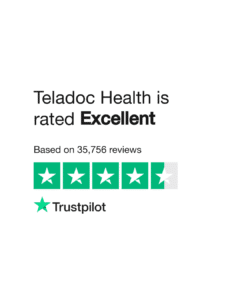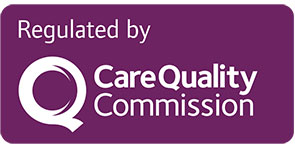
-
Insights
Real stories that show how our virtual healthcare services change lives and strengthen your brand.
Webinars, guides and tools designed to keep you informed and help support health and wellbeing.
A collection of articles offering thought leadership, expert tips and practical advice to support healthier lives.
Insights
Explore real stories, expert advice, and practical tools. Everything you need to stay informed, inspired, and empowered to support health and wellbeing.
-
Let’s connect. We’re ready to explore how we can support your organisation’s health and wellbeing goals.
Get in touch to find out more about our services or ask any questions — we’re here to help.
Join us and be part of a team transforming virtual healthcare for people everywhere.
Contact us
Whether you want to partner with us, ask a question, or explore career opportunities — we’re here to start the conversation.
 Most of us experience headaches at some point, and for many, they can become a regular nuisance. The good news is that there are lots of simple ways to help prevent them and effective strategies to manage them when they strike. As a GP, I see plenty of patients struggling with headaches, so let’s walk through some practical tips and guidance that can make a real difference.
Most of us experience headaches at some point, and for many, they can become a regular nuisance. The good news is that there are lots of simple ways to help prevent them and effective strategies to manage them when they strike. As a GP, I see plenty of patients struggling with headaches, so let’s walk through some practical tips and guidance that can make a real difference.
 Extra Tip: Keep a Headache Diary. Tracking your headaches—when they happen, what they feel like, what you ate or did that day, and what helped—can be incredibly useful. It can help your GP reach the root cause more quickly and guide your treatment plan.
Extra Tip: Keep a Headache Diary. Tracking your headaches—when they happen, what they feel like, what you ate or did that day, and what helped—can be incredibly useful. It can help your GP reach the root cause more quickly and guide your treatment plan.







